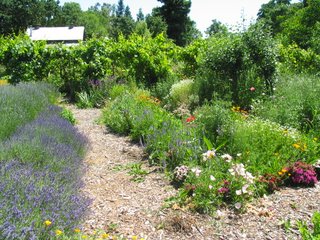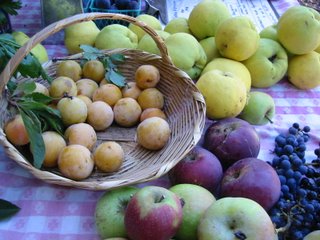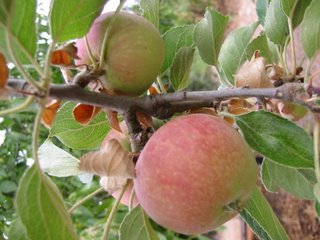Having a Wonderful Relationship, 13 ways
HOW TO HAVE A WONDERFUL RELATIONSHIP
1) Spend some time everyday together, in silence, holding each other’s hands, eyes closed and eyes opened, following the breathing and being present to touch and connection. Realize, that this is enough: to touch, breathe and be present to each other.
2) If the quarrel thing happens, find a watch or a timer. Take turns doing this: One person speaks for two minutes. The other person listens, only listens, no interrupting, following the breathing, no “thinking” of defense remarks. At the end of two minutes, the listener repeats back, as close to word for word, what the speaker just said. Then the listener asks the speaker if they missed anything. If so, the speaker repeats what they missed and they re-reflect that back. When the speaker is satisfied that all important aspects have been heard, it’s time for the switch. Now the listener becomes the speaker and talks for two minutes while the other listens, breathes, and gets ready to repeat back with full clarity.
3) Have a method of radical forgiveness. The Work of Byron Katie is excellent for this. ( Her website is thework.org; also see some of my essays on slowsonoma.com, particularly, Byron Katie and Relationships, July 05; and Loving your enemy, for your own sake, May 05). Or try this: if it’s more than three minutes old, why are you still holding onto it?
4) Spend time together outdoors. In the present of the present.
5) Sleep together naked every night. Touch is good, a food for our deepest levels.Discover soft and new and interesting ways of touching each other, not necesarily in a sexual way. Which is to say, be sensuous, and love the fact that you have someone to touch. This is a food for your soul and your fingers and your mind and your heart.
6) Learn to listen. Anytime your partner criticizes you, go inside and find where that is true. (See the essay: The Criticism Thing, August 2005)
7) Learn to be honest. Anytime you are critical of your partner, go inside and find out how that trait (selfish, not listening enough, not appreciating enough, etc,. etc.) is true of you, too.
8) Learn to taste the difference between an interpretation of the other ( you are…., you should….), and telling the truth ( I feel……, I want…..).
9) Learn to make requests that aren’t demands. Which means, learn to love your partner when they are true to themselves and say no. That means you don’t have to hold back asking because you won’t be afraid to hear , “No.” So, ask for what you want and be happy with any answer.
10) Love from freedom. Do not blame either your happiness nor your unhappiness on your partner.
11) Learn to tease in a way that is kind, fun and leads to laughing at yourself.
12) Compare and contrast, This is my mind attached to the story, “You should change.” And, This is my mind without attaching to the story, “You should change.”
13) Learn to hear every spoken or thought “You should….” or “You shouldn’t…” as an invitation to laugh at yourself.
Labels: improvement, relationship improvement, requests vs. demands, who would I be without the story?








